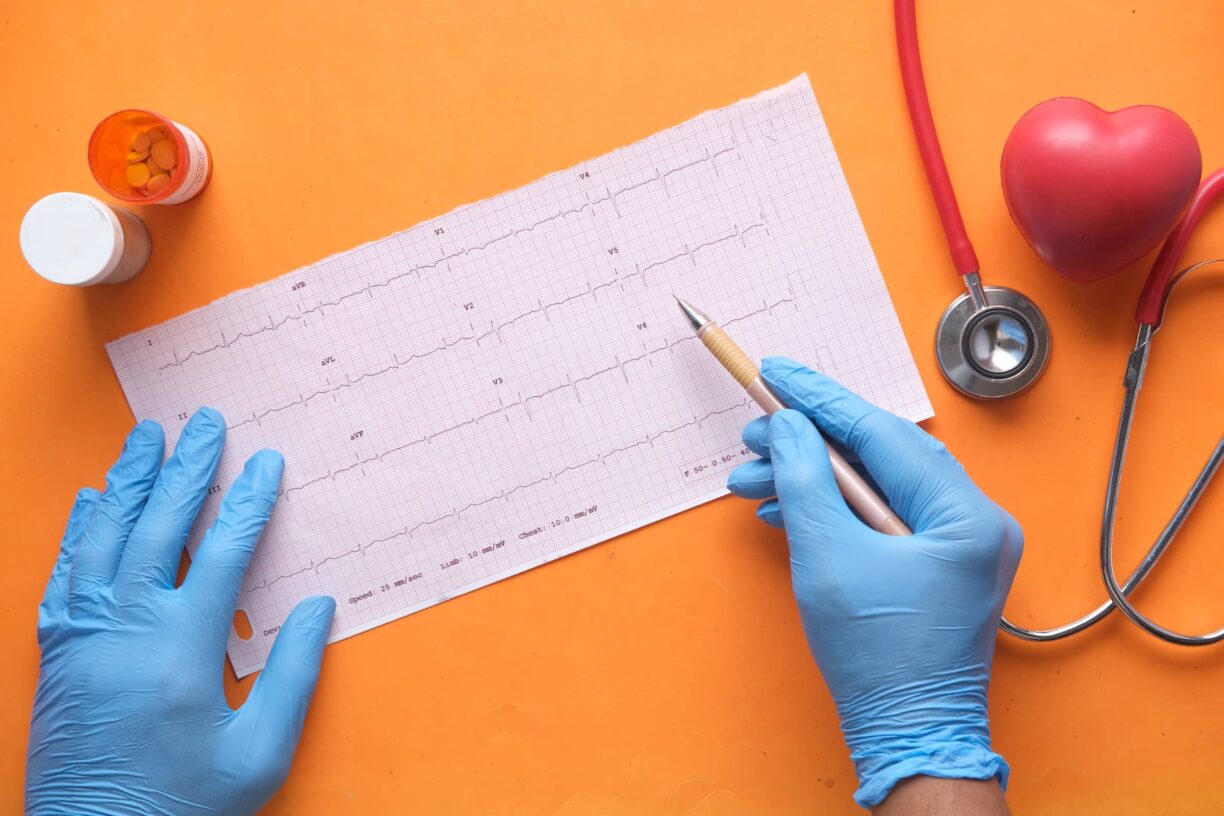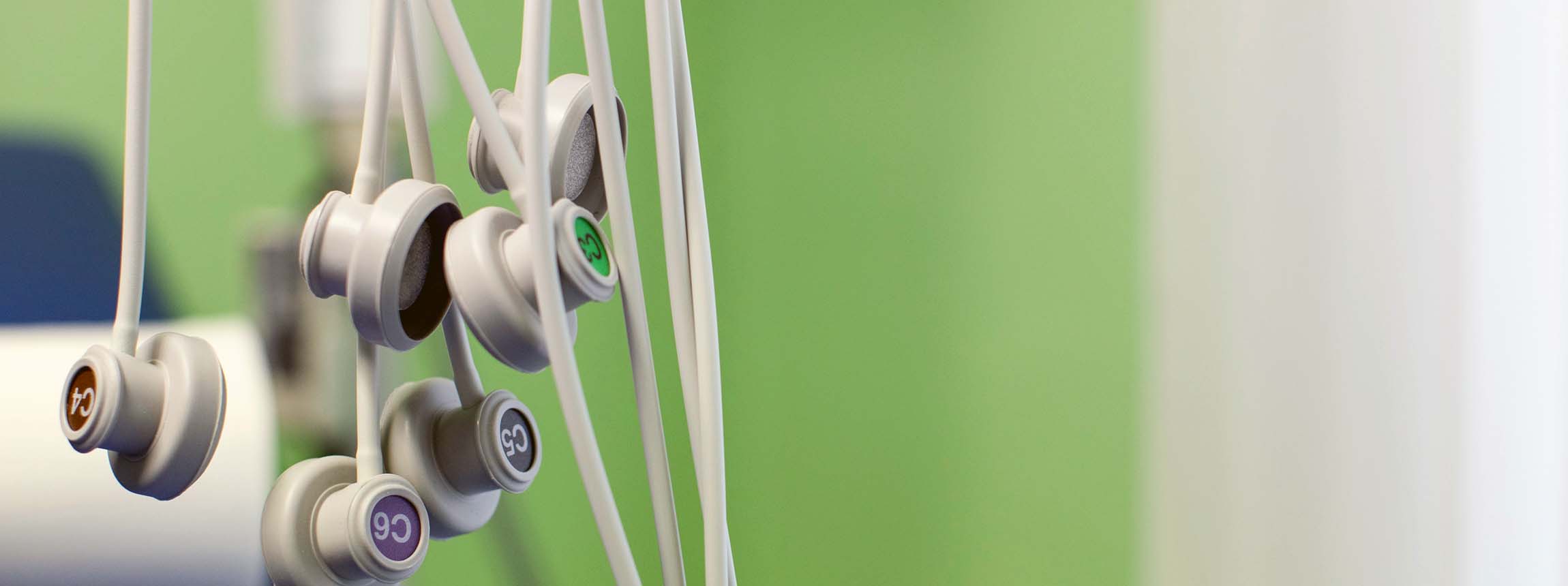Medical electrodes are an integral part of diagnostics and treatments in healthcare settings. They are crucial for medical professionals as they allow doctors to monitor, diagnose, and treat their patients quickly and accurately.
Here I will explore some of the most common uses of medical electrodes in hospitals, clinics, doctor’s offices, nursing homes, and other healthcare facilities.
Whether you’re already working in healthcare or considering a career that involves using them, familiarizing yourself with these gadgets is very important!
Medical Electrodes and their Uses in Healthcare Settings
Medical electrodes serve as one of the vital components used in daily medical procedures. These small, adhesive patches can be applied to the skin, and through the use of conductive gel, transmit electrical signals to various parts of the body.
Medical electrodes have a broad range of uses in healthcare, including measuring heart activity, monitoring brain waves, and managing pain.
From routine checkups to complex surgeries, medical electrodes play a crucial role in providing accurate diagnoses and effective treatment plans. By providing a reliable and non-invasive way to monitor the body’s vital signs, medical electrodes are an indispensable tool in modern medicine.

How Medical Electrodes are Used to Monitor Vital Body Functions
These electrodes are small sensors designed to detect and record electrical signals generated by the body’s various physiological activities.
They are commonly utilized in procedures like EEG and ECG testing, where they play a crucial role in measuring brain activity and heart rhythms, respectively.
The electrodes are securely attached to specific areas of the body, allowing healthcare professionals to gather important data on brainwave patterns or cardiac electrical signals.
The information obtained from these tests aids in diagnosing various neurological and cardiovascular conditions, enabling prompt medical intervention and personalized treatment plans to improve patient outcomes.
How Medical Electrodes Detect Neurological Activity
Neurological activity, or the electrical signals that are constantly being transmitted between brain cells, can indicate a wealth of information about a person’s health and well-being. Medical electrodes are specialized devices that are designed to detect these electrical signals and translate them into meaningful data that can inform medical diagnoses or treatment plans. These electrodes are typically placed on the scalp or other areas of the body and use a variety of technologies to measure the electrical activity of the brain and nervous system.
From electroencephalograms (EEG) to electromyograms (EMG) and beyond, medical electrodes offer a window into the inner workings of the human brain and can provide valuable insights into a wide range of neurological conditions.
The Benefits of Utilizing Medical Electrodes for Diagnostic Purposes
The use of medical electrodes is widespread, from monitoring heart activity to detecting conditions such as epilepsy and sleep apnea. They can also be used during surgeries to monitor patient response to anesthesia. One of the biggest benefits of medical electrodes is the non-invasive nature of the procedure. Patients can be monitored without the need for invasive procedures, contributing to a more comfortable and less stressful experience.
Overall, medical electrodes have revolutionized diagnostic medicine, providing valuable and accurate information to help doctors diagnose and treat patients more effectively.
Different Types of Medical Electrodes Used for Cardiac Monitoring
Cardiac monitoring is a crucial aspect of healthcare, as it enables healthcare professionals to diagnose and treat heart-related conditions. There are several types of medical electrodes, each with its unique characteristics and uses. For example, ECG electrodes are used to detect and monitor the heart’s electrical activity, while defibrillator electrodes are used to deliver an electric shock to the heart to restore its rhythm. Other types of electrodes include pacemaker electrodes and Holter monitor electrodes. Understanding the different types of medical electrodes and their uses is critical to ensuring accurate monitoring and timely interventions.
What is Involved in Setting Up a System to Use Medical Electrodes
Establishing a medical electrode system may appear challenging initially. However, with adequate preparation and knowledge, it can be approached as a straightforward procedure.
The first step is to choose the appropriate electrodes for the intended use. There are various types of electrodes available, and selecting the right one can be crucial for accurate readings.
Once the electrodes are chosen, proper placement is essential. The location of the electrodes can affect the signals and influence the accuracy of the readings.
After placing the sensors, the system must be calibrated to ensure accurate measurements. Calibration is necessary to adjust the system for any variations in signal strength or other factors that may affect the measurements.
Finally, the system must be tested to ensure everything is working correctly. Overall, setting up a system to use medical electrodes is a process that involves careful consideration and attention to detail, but it is necessary for providing accurate biometric information for patient diagnosis and treatment.
Medical electrodes are an essential tool in modern medicine. They provide a reliable and non-invasive way to monitor the body’s vital signs, enabling healthcare professionals to diagnose and treat conditions more effectively. With this knowledge, medical professionals can ensure the best possible care for their patients.
